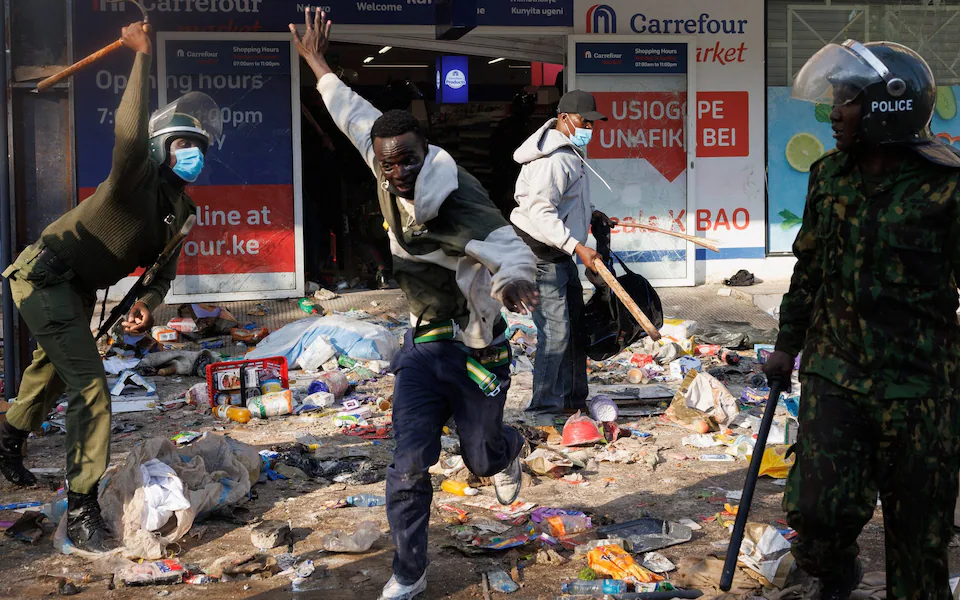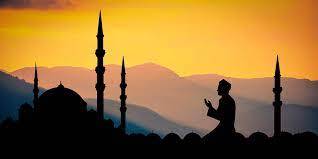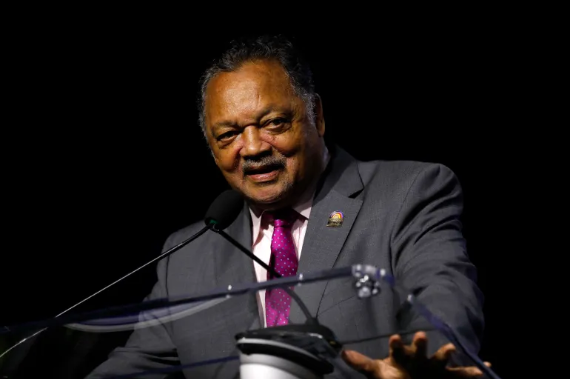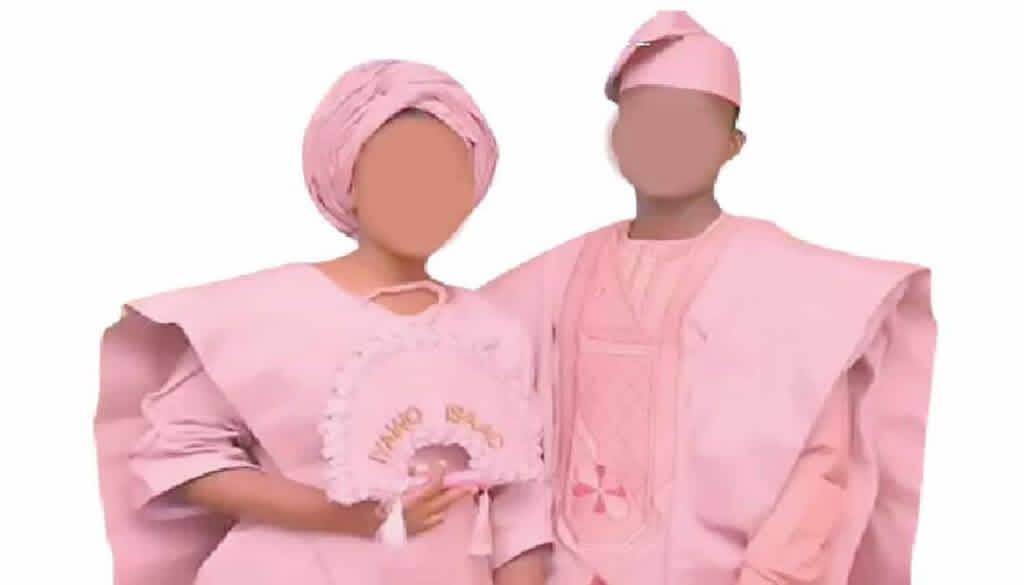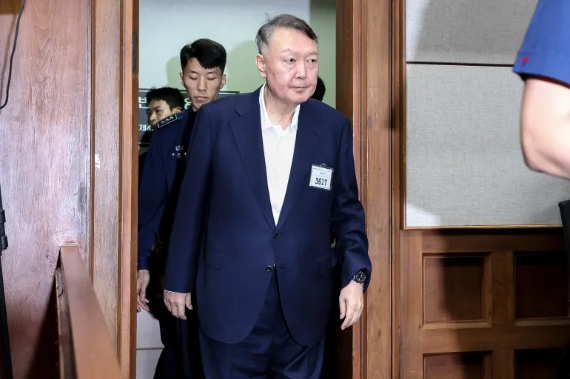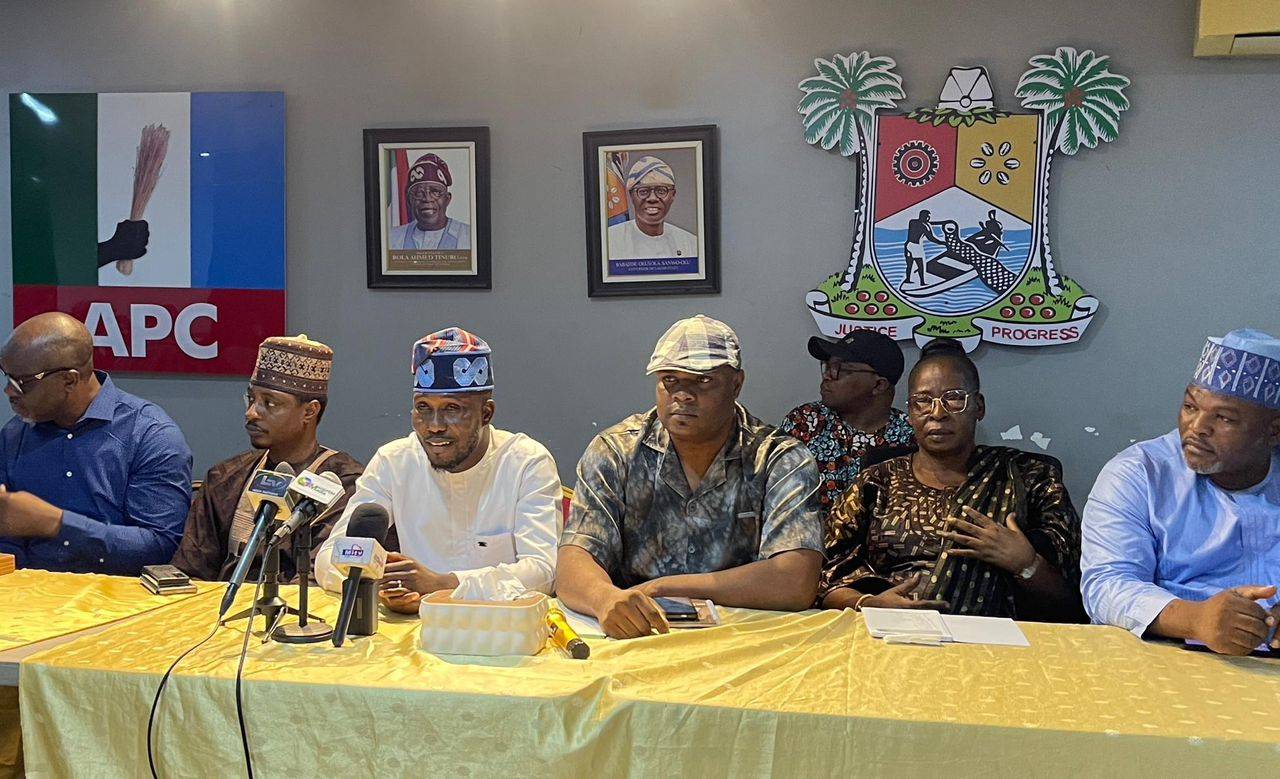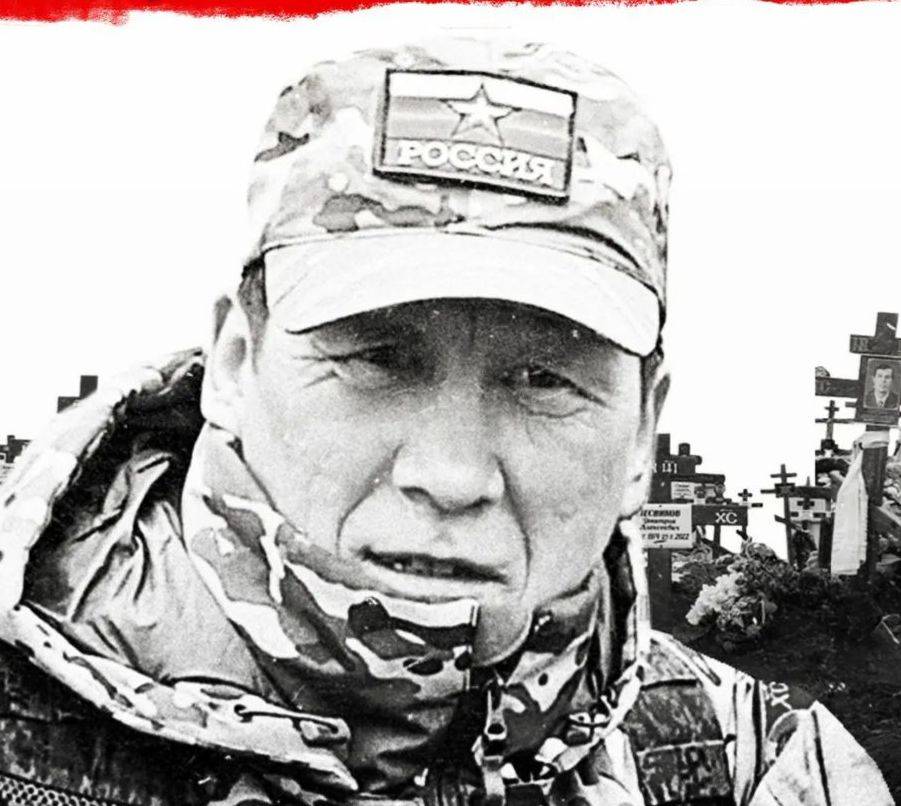Kenya’s president has ordered police to shoot Gen Z protesters vandalising businesses in the legs, ensuring they are debilitated but not killed.
William Ruto declared on Wednesday that “anyone caught burning another person’s business or property should be shot in the leg, hospitalised and later taken to court. Don’t kill them, but ensure their legs are broken”.
The UN has accused Kenyan police of using excessive force including live ammunition, tear gas and rubber bullets in the latest wave of anti-government protests, as simmering anger against Mr Ruto’s government erupted into clashes between protesters and police in the capital Nairobi and other cities.
He accused protesters of trying to “bring disaster” to Kenya in a bid to overthrow the government before the 2027 elections.
“This country will not be destroyed by a few people who are impatient and who want a change of government using unconstitutional means. It is not going to happen,” Mr Ruto added.
The escalation of violence is the latest in a wider wave of protests, initially led by so-called Gen Z dissenters angry at the state of the economy, corruption and police brutality.
Last summer, young Kenyan professionals took to social media to call for a “Gen Z uprising” over proposed tax rises, which triggered widespread anger in a country grappling with a significant youth unemployment crisis.
Protesters briefly seized control of the parliament and set it ablaze following a week of countrywide riots that killed at least 27 people. Mr Ruto later pulled the tax plans.
The latest tensions peaked last month when the death of blogger Albert Obwang in police custody provoked outrage across the country at Mr Ruto’s government, with rights groups demanding that police be held accountable after a post-mortem examination revealed the probable cause of death was from being hit on the head.
A total of 50 people have died and hundreds have been injured in the past two weeks during two separate waves of demonstrations.
At least 31 people were killed and more than 100 others wounded in protests on Monday, with the Kenya National Commission on Human Rights also documenting at least 532 arrests and two forced disappearances.
The UN criticised the Kenyan police for using “lethal ammunition” against protesters and urged prompt, thorough and independent investigations into the killings.
Resistance leaders accused the government of deploying unmarked police vehicles to transport armed gangs to perceived opposition strongholds during the protests and called for a national boycott of all businesses affiliated with Mr Ruto’s administration.
Ravina Shamdasani, a spokesman for the UN high commissioner for human rights, said in a news conference: “It is essential that legitimate grievances at the root of these protests are addressed.”
Mr Ruto has defended police brutality and on Wednesday said that attacks on security forces would be seen as a “declaration of war”.
Monday’s protests were intended to commemorate Kenya’s decades-long struggle for democracy – they fell on Saba Saba day, which in Swahili means “Seven Seven”, referring to the July 7 1990 protests – but they quickly escalated into deadly clashes in 17 out of the country’s 47 counties, local media reported.
Many of those demonstrating chanted “Ruto must go” and “wantam”, meaning “one term”, a popular rallying call demanding Mr Ruto leave office.
Mr Ruto has questioned why some Kenyans have been more critical of his administration than previous governments, claiming that the youth unemployment crisis was deep rooted and existed long before he came to power in 2022. He said that his administration was the first to take concrete steps to address it.
“Why cause all the chaos during my time?” Mr Ruto asked. “You can call me whatever names you want to call me, but I will make sure there is peace and stability in Kenya.”
New Telegraph


